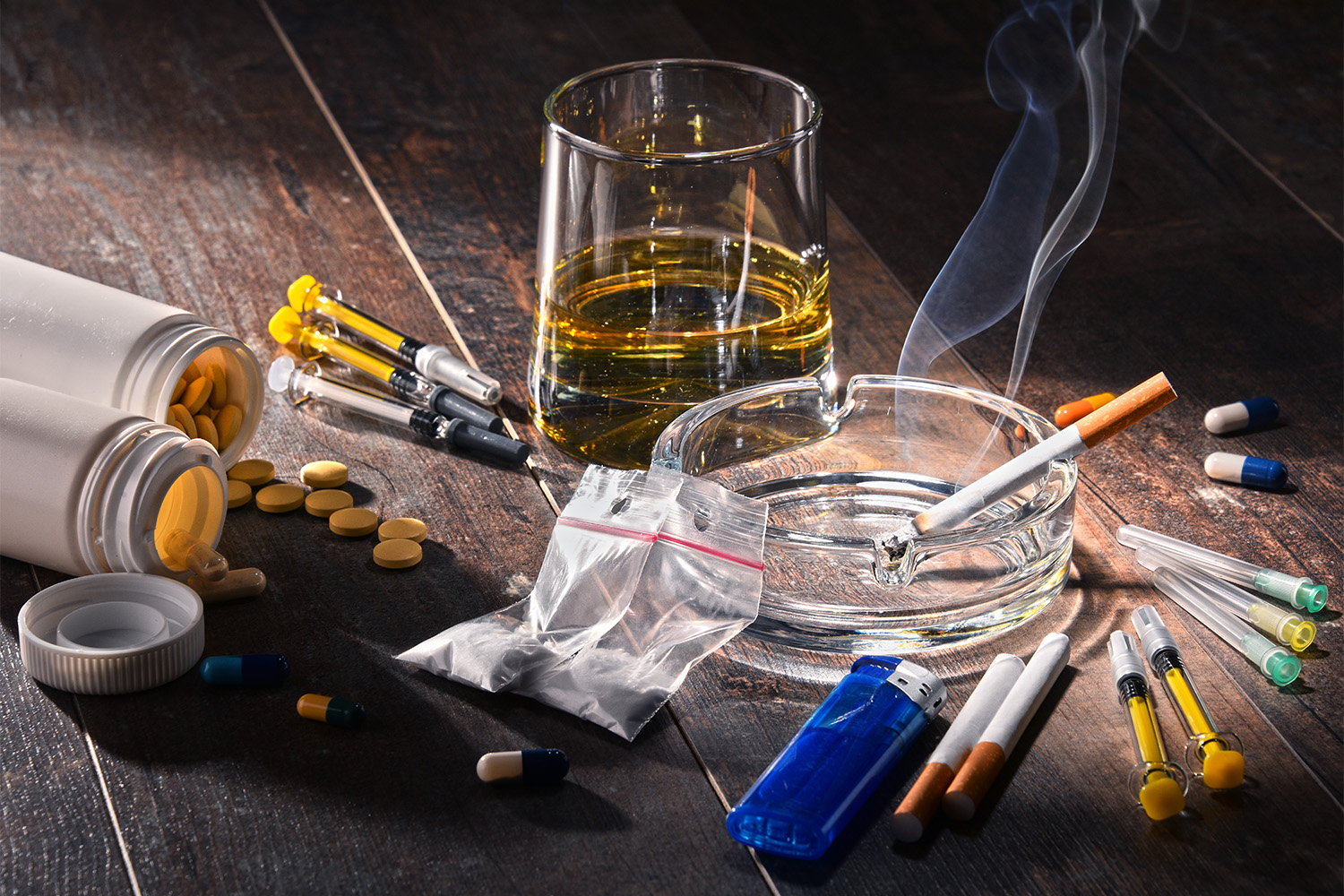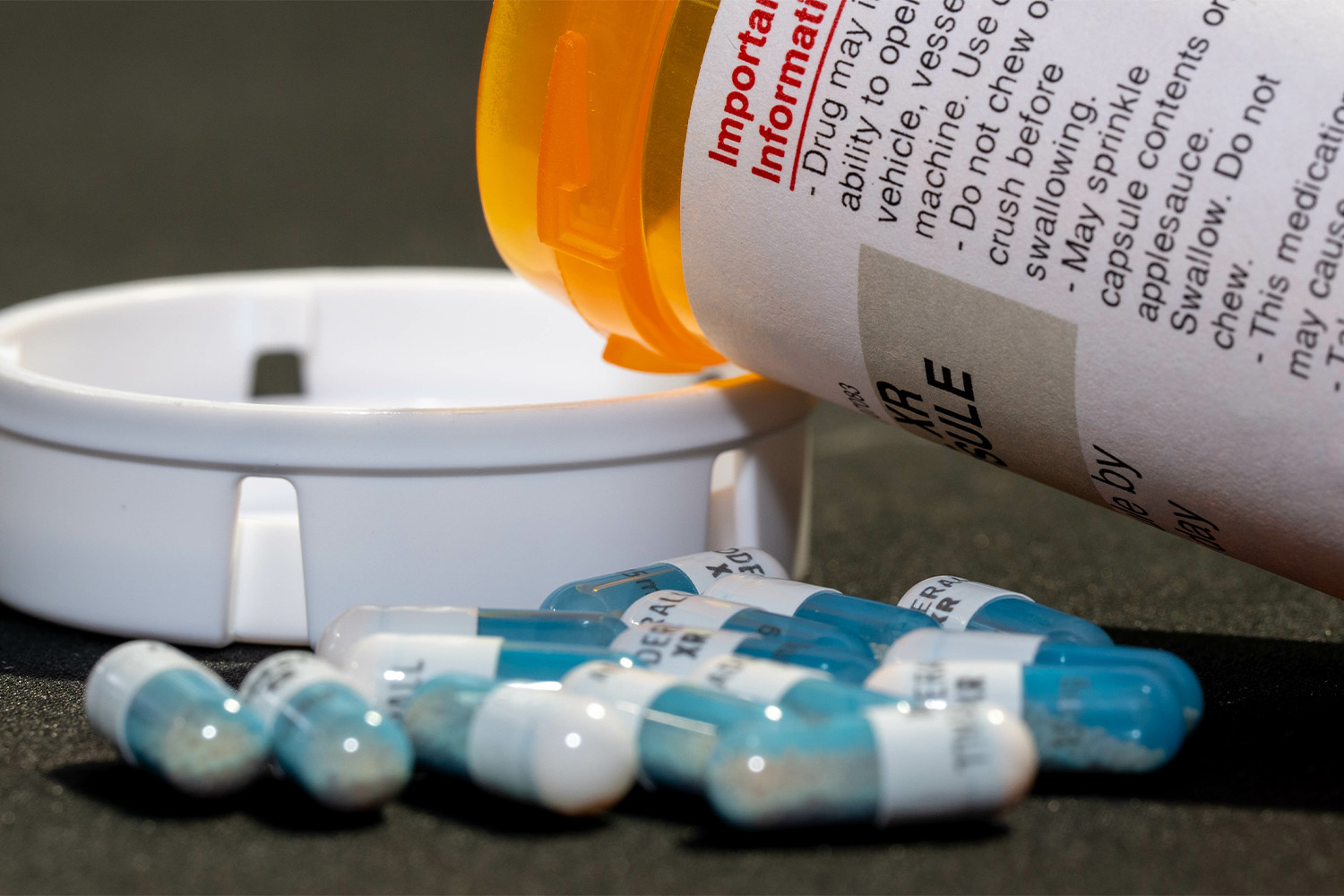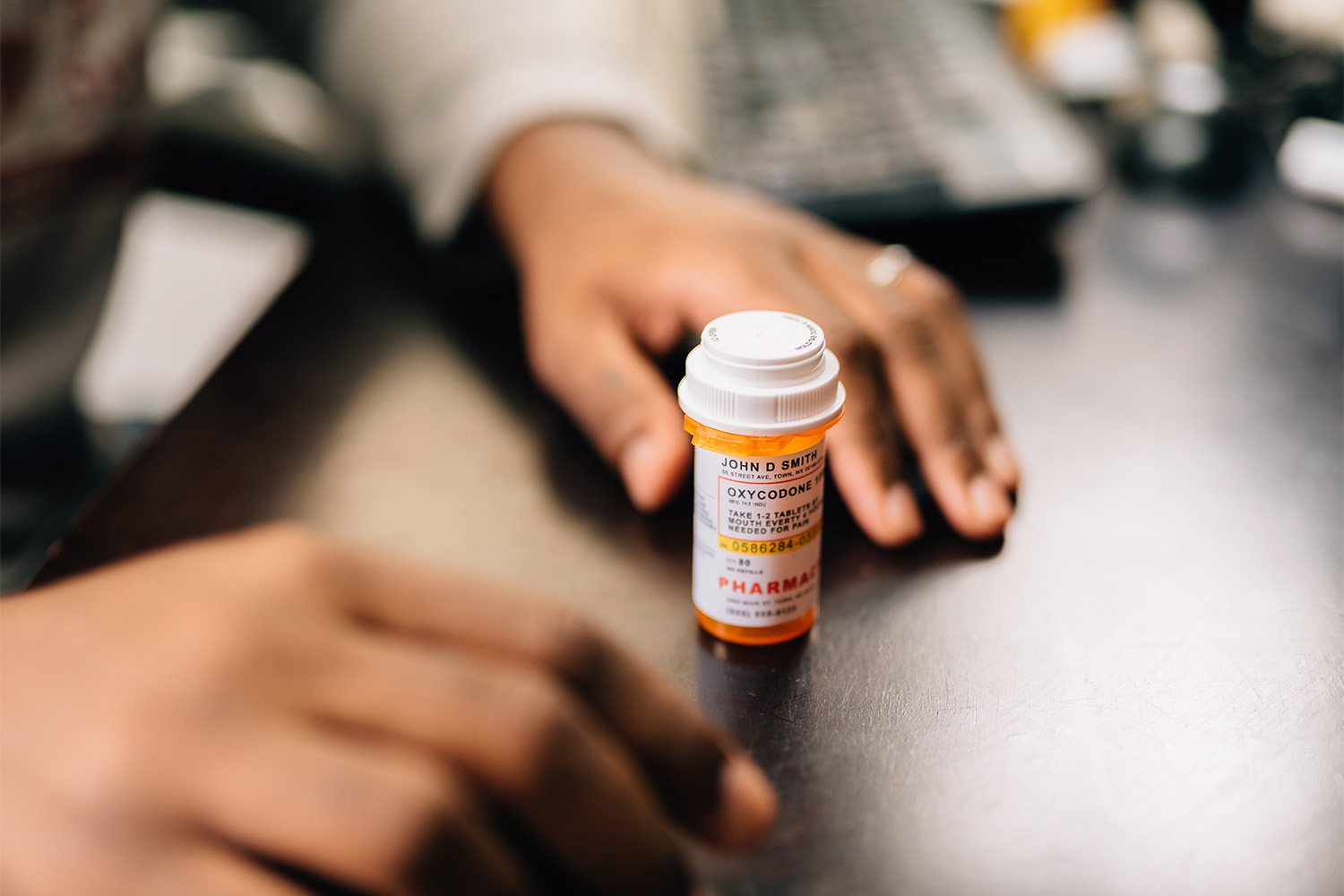If you’ve ever been interested in helping people with substance abuse issues or have struggled with addiction, you might be wondering what a substance abuse counselor does. Whether you’ve come across one or want to be one, understanding their skillset and job duties can give you a better idea of their purpose.
Substance abuse counselors can wear many hats and be helpful in various settings. They must be prepared to deal with more than just substance abuse issues. Substance abuse is not often an isolated condition and has other co-occurring disorders that need to be treated accordingly.
A substance abuse counselor can bring a lot of good into your life and help you back onto the right track. Keep reading to learn more about what substance abuse counselors do and how they are helpful to society.
What Is a Substance Abuse Counselor?
A substance abuse counselor helps someone experiencing substance abuse disorder with treatment and support. They are trained to work with those suffering from drug and alcohol abuse and help to come up with specialized plans to treat specific patients.
Addiction counselors can work in various settings, like inpatient care, outpatient treatment programs, case management, hospitals, mental hospitals, or private healthcare practices. Wherever they end up, the goal is to treat substance abuse and find ways to get a person back on track, happier and healthier than ever.
Substance abuse counselors never know what they will tackle in a day. Addiction is a very difficult and heartbreaking disease, so a counselor will have to be strong to endure the same pain every day.
It’s not all about coming up with treatment plans. Drug abuse counselors have many tasks, so a unique skill set is essential.
Skills Needed for the Job
To be successful and helpful as a substance abuse counselor, you must be patient and willing. The job is not easy and comes with many ups and downs. Every day could throw something at you that you’ve never experienced before, so being prepared and collected can go a long way.
Some skills that substance abuse counselors should possess are:
- Patience: Substance abuse counselors must practice patience every day. Addiction recovery is not linear, and plans get skewed frequently. People will relapse, but that only means they need their counselor even more, to show up for them.
- Empathy: Many people attach shame and guilt to their addiction, so you must learn how to be empathetic towards all people. The patient seeking help is likely embarrassed about needing help, but welcoming people as they are and giving them everything you have will be rewarding.
- Compassion: An addiction counselor should want to help others in need. This can’t be something that isn’t natural for you; compassion shows people that you really are putting your best foot forward. Someone seeking help for their substance abuse disorder doesn’t want to feel like an obligation or burden. They want someone who believes in them!
- Activelistening: Substance abuse counselors need to practice active listening skills. If you listen without judgment and focus on being as welcoming and open as possible, it’s easier for those struggling to open up about their issues. You have to listen to what is said to form your own opinions on how to treat them while also understanding what is being asked of an individual.
The History of Substance Abuse Counseling
Substance abuse counseling is a bit newer than other mental health counselors and medical practices. How society treats substance abuse now is much different than how it was treated 50 or 100 years ago.
People used to (and some still do) carry very negative connotations when it comes to substance abuse. Many people used to view it as a moral failure or flaw under control by that individual. It wasn’t until more recently that substance abuse and addiction became seen as mental and physical disorders that could be treated.
The need for substance abuse counselors came about once it became understood that society and those struggling with addiction would benefit. While therapists could be useful, someone specializing in substance use disorders would better understand the disease and how to best combat it.
Education Requirements
When someone wants to become a substance abuse counselor, they must undergo multiple years of schooling. They will need at least a bachelor’s degree in substance abuse counseling or a related mental health field.
Some counselors will go for their master’s degree or doctorate degree because it can help them climb the ladder and get into more professional developmental settings.
Different states have different requirements for this credential, so you will have to look into yours specifically by state. You usually need to be licensed by the state to practice mental health counseling of any kind.
Examples of state requirements for licensure may include:
- Graduation from an accredited alcohol and drug counselor degree program
- Coursework in addiction studies, human services, social science, and behavioral health
- Established work experience
- A set number of clinical experience hours
- References from other addiction professionals
- A certain amount of continuing education per year
Substance Abuse Counselors: What Do They Do?
To best understand what a substance abuse counselor does, you should know what some of the tasks they do. Substance abuse counselors might have a range of job functions, and not everyone does the same work.
Generally, a substance abuse counselor works to provide a patient with a specialized treatment plan, education surrounding substance abuse, and resources and support needed to have a successful recovery journey.
Education on Substance Abuse
There is a lack of education that becomes apparent when you discuss substance abuse in society. There are many negative associations it has, and though many know that it’s not a contagious disease, it is often treated as such.
Very vulnerable populations, like homeless people, people experiencing poverty, people experiencing abuse, and people with mental illness, find themselves struggling with substance abuse. One job a substance abuse counselor has is to educate these people about substance abuse and how it can impact their lives.
Counselors will inform about the effects of substance abuse on a person, sharing with people the risks of addiction. If there is a lack of education about drugs and alcohol and the impacts that they can have, it is more likely that substances end up being abused at some point in that person’s life.
Individual or Group Therapy Sessions
Substance abuse counselors often lead both group and individual therapy sessions. A counselor is likely a part of a multidisciplinary team that aims to cover all of their bases. They often work with psychiatrists, law enforcement, the court system, nurses, and other therapists and counselors to come up with treatment plans that work.
Through these group or individual sessions, a substance abuse counselor can learn more about what each individual needs. Through therapy sessions, patients should be able to open up more and find what works best for them.
Creating Individualized Treatment Plans
One of the main things that a substance abuse counselor will do is create individual and specialized treatment plans for their patients. Individuals must be treated for their specific needs, such as chemical dependency or behavioral addiction. However, after just one meeting, you might not know what that plan looks like.
Being in touch and staying up-to-date with a patient’s progress, difficulties, and history can help a counselor make informed decisions when creating a treatment plan. These plans should include the specific goals of the patient and take into consideration a variety of different factors.
Depending on the kind of treatment the patient is undergoing, what kind of trauma they are working through, and what their home life looks like will impact their progress. A specialized treatment plan will be updated and changed as needed to continue to match the patient’s needs.
Referring Patients to Other Resources
Many people who struggle with substance abuse will find it hard to maintain a proper job or school. A substance abuse counselor can help find new spaces for their patients, whether a job, an activity, or a learning program. Knowing where to start to look can be difficult, but a counselor can help by providing those resources.
You can’t do all of the work for them, but you can provide them with the tools necessary to be more successful. You might be able to find treatment centers in the area for them, point them in the direction of support groups, or even share with them sober-friendly experiences, so they don’t have to seek them out themselves.
Setting Up Aftercare
Addiction recovery is not linear, so you must be prepared for relapses or prolonged needs for assistance. Not everyone will recover on the same timeline, so aftercare is essential. If you are working with someone impatient and nervous about returning to the real world, you can set them up with outpatient services or something like sober living.
Providing your patients with options during their recovery process can help them to transition better into their new lifestyle. Plus, coming up with answers to “What’s next?” is overwhelming, so doing the heavy lifting for your patients really pays off.
Teach Healthy Coping Mechanisms
Not only are you providing resources, offering support, and monitoring a person’s process, but you also have to teach your patients different coping mechanisms. Recovery from substance abuse is filled with many triggers and stressors, so identifying them is the first step. A person may not recognize a trigger as being such until they are experiencing it on their own for the first time.
If you can teach your patients healthy coping skills, they can be more prepared when confronted with reality. Identify the triggers and then help come up with a solution. This way, your patient is better equipped to handle whatever comes at them.
Part of your job may also be helping your patient establish a support system of family members or friends. You may also be responsible for providing them with referrals to mental health professionals or social workers.
Keeping Records and Providing Progress Reports
It’s not all fun and games. A large part of being a substance abuse counselor is keeping records, taking notes, providing progress reports, and entering data into a computer or filing system. Keeping track of your patient’s needs and progress will help you maintain their treatment plans more easily.
This part of the job is more tedious and less creative than when using problem-solving skills to come up with solutions. But at the end of the day, keeping track of your patients progress and recording any of their new struggles will help you down the line.
Where To Find Substance Abuse Counselors
Substance abuse counselors can be found in various settings. They are often found in treatment facilities and mental health practices. They have to specialize in substance abuse to understand their job duties fully, but they provide a lot of value in their workplace.
Substance abuse is a tricky and particular disease that isn’t treated like other mental health or physical diseases. It takes much more individualization to treat substance abuse and addiction successfully.
Besides rehabilitation centers and mental health practices, you might find substance abuse counselors in prisons, parole and probation agencies, detoxification centers, halfway houses, government agencies, and private practices.
How To Get Help With Soba Recovery
If you are struggling with substance abuse or have a loved one who is, seeking treatment from a substance abuse recovery center like Soba Recovery Center of San Antonio, Texas, it can bring you great success. Here, substance abuse counselors work with a team of other addiction specialists and medical professionals to create a treatment plan that is right for you.
Getting help can be difficult, but it’s almost always worth it in the end. With the help of trained professionals, you can get around-the-clock care to work with your specific needs. Whether you want to enter into a more intensive outpatient program, stay with us 24/7 inpatient, or need to undergo the detoxification process, your substance abuse counselor will be there with you every step of the way.
To reach your goals, you need to seek help from people who can help create a plan and then assist you in maintaining those goals. For substance abuse, accountability can go a long way! We here at Soba aim to supply you with all the equipment you may need to succeed in your recovery journey.
Sources:
TAP 21 Addiction Counseling Competencies: The Knowledge, Skills, and Attitudes of Professional Practice | SAMHSA
Substance Use, Academic Performance, and Academic Engagement Among High School Seniors | NCBI
The Key to Individualized Addiction Treatment is Comprehensive Assessment and Monitoring of Symptoms and Behavioral Change | NCBI










